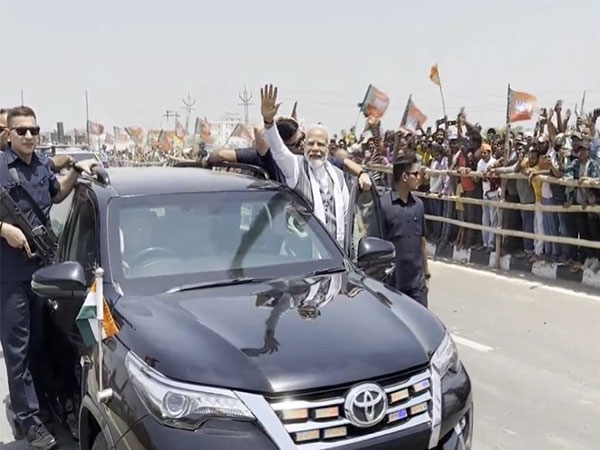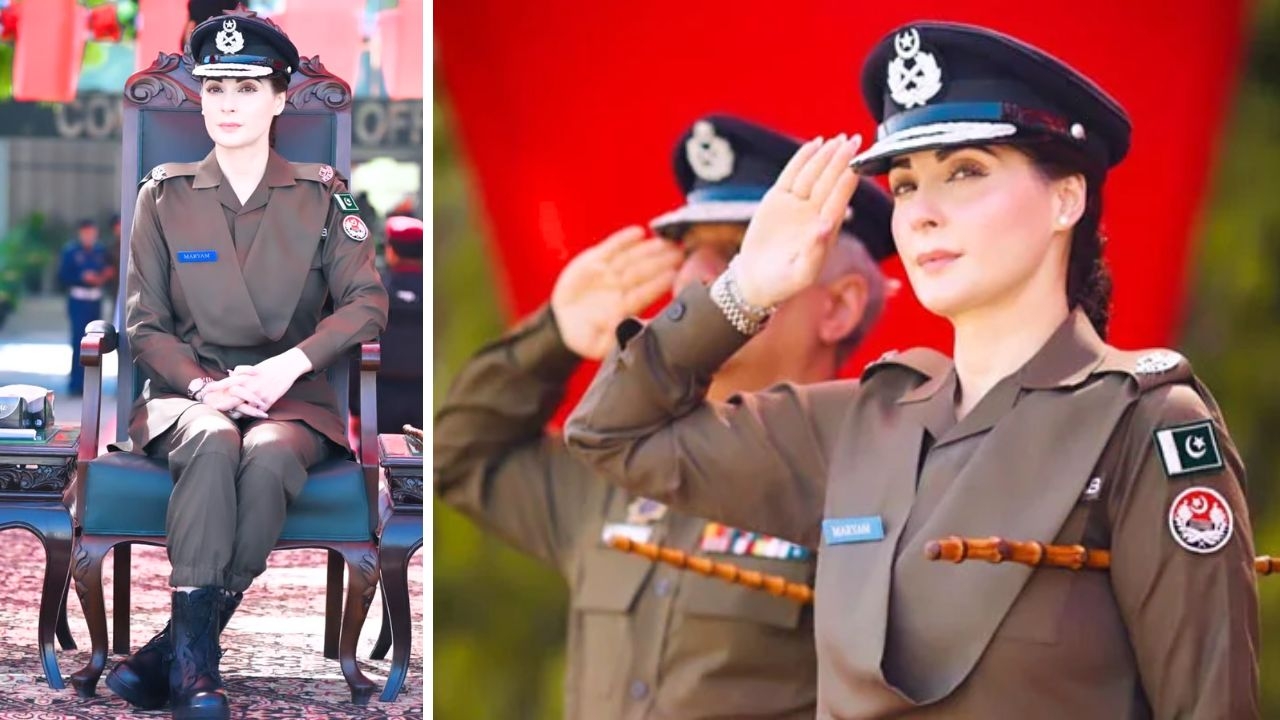Why Yakub Memon's hanging should have been telecast live
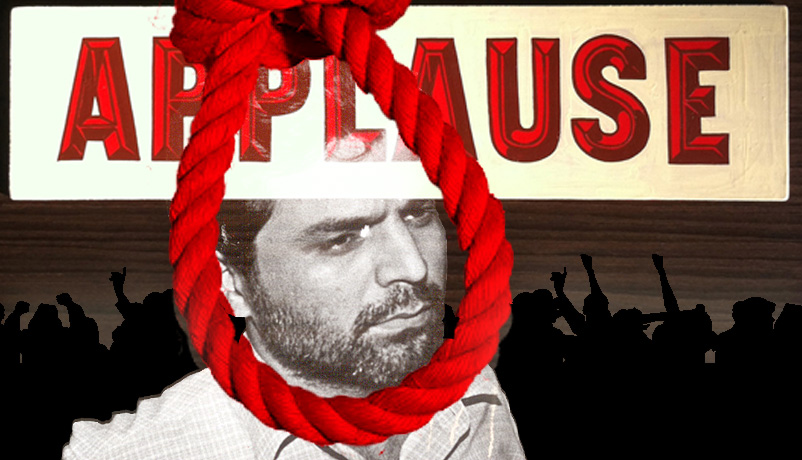
The verdict
- Supreme Court\'s late night hearing on Yakub Memon\'s punishment was a charade
- It was a way of projecting that we give a fair trial \"even to a terrorist\"
The double standards
- While we celebrate Yakub\'s execution, we are asked to forget the 1992 Mumbai riots
- We speak of \"closure\" for blast victims but ask riot victims to \"move on\"
The bloodlust
- On television, there were grotesque blow-by-blow accounts of the run-up to the execution
- Given our vicarious pleasure, his hanging should have been public, preferably telecast live
Till the end, till the very last minute possible, the charade of due process was played out. Three judges who had rejected Yakub Memon's petition in the day deliberated upon his lawyers' plea once again till early morning. Some were irked by what they saw as Memon's delaying tactics - as though a condemned man should go gently into the night, without fuss, abandoning the human instinct for self-preservation.
Others gushed at the greatness of our judicial system. The Supreme Court by constituting a bench in the middle of the night had displayed extraordinary accommodation towards Memon. What further proof did we need that we give a fair trial "even to terrorists"?
First, there was nothing unprecedented about a late night sitting of the Supreme Court. In 2014, Chief Justice HL Dattu stayed Surinder Koli's imminent hanging through a late night order after his lawyers woke him up at 1 am.
Second, though Yakub's death warrant was issued before he had exhausted his legal rights - a clear violation of the 'procedure established by law' to precede a death sentence - the Supreme Court finally upheld it, both in the day, as well as in the dramatic early morning hearing.
But, more importantly, we would do well to remember that Yakub was tried and convicted under TADA, a law that was allowed to lapse less than a year after his return to India.
In May 1995 - as the Mumbai blasts trial was proceeding in the TADA court - the Parliament decided not to grant extension to this law. The law was not renewed because it militated against every shred of the values and principles embodied in our Constitution.
Burgeoning evidence of rank prejudice in its application, its rampant use as an instrument for witch-hunting and vendetta, forced us to acknowledge that such a law could not have a place in a democracy.
However, cases such as Memon's, already filed under TADA, continued as though the draconian law was still in existence.
So let us disabuse ourselves of the notion that law - objective, blind, undiscriminating law has spoken.
Today, the Indian state has shown itself to be no better than Tiger Memon. Tiger planned the bombings in retaliation to the terrible violence against Muslims that followed in the wake of Babri Masjid demolition. We have terminated his brother's life to extract vengeance for the blasts.
Tiger's act was a reaction of a hotheaded criminal; we sent his brother to the gallows after keeping him in jail for 22 years - what could be more cynical and cold-hearted than that. What ends of justice does that serve now? Are we safer from his judicial elimination? How have we shown ourselves to be different from those we condemn?
Yakub was tried and convicted under TADA, a law that lapsed less than a year after his return to India
The sanctimonious bile of media commentators asks us not to think of the Muslim victims of 1992 riots or the Srikrishna Commission Report, to forget that only three people were ever convicted for the anti-Muslim violence, one of whom, the Shiv Sena MLA Madhukar Sarpotdar did not serve a single day of his one-year sentence.
To raise the question of selective justice is to 'politicise' Yakub's hanging, which has after all, gone through all the legal motions.
Only the deliberately blind will fail to see that there are two parallel worlds of law: one affords 'closure', the other urges you to 'move on'; one, which grants last minute clemency and reprieve, the other, determined to sacrifice a life.
Law will take its own course surely, but the course it charts will be strikingly different in different cases.
And then there are our lynch mobs. On television, there was a grotesque, almost orgasmic obsession with the "last hours of Yakub Memon".
Blow by blow accounts - graphically and dramatically rendered - of how Yakub would be given a new set of clothes, how he would be provided with a copy of the Quran, what breakfast he might be offered, were aired non stop.
In one, an officer who had been on the investigating team of the 26/11 attacks, excitedly showed how Yakub's hands would be tied at the back when he takes his last walk - from his cell to the phansi yard.
Have we plumbed the depths of our moral abyss? Perhaps not. But it's still possible to.
Why did they execute Yakub inside the walls of the jail? His hanging should have been public, preferably telecast live. The keepers of our collective conscience should have cheered as Yakub walked to the gallows, his hands tied at the back. We could have swooned and thrown stones and bottles at him as the hangman covered his face with a hood.
We could all have held our breath as his neck snapped, and then broken into a raucous cry as his body turned limp. Surely, in such a carnivalesque celebration of death, we would have deepened our sense of justice, our faith in the processes of law, and in the fairness of our democracy.
Why stop at vicarious pleasures. Let us degrade and debase ourselves completely.
The views expressed here are personal and do not necessarily reflect those of the organisation.
First published: 30 July 2015, 6:47 IST
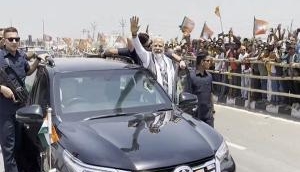
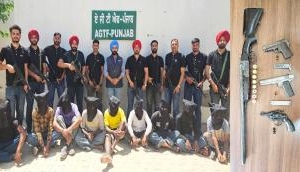
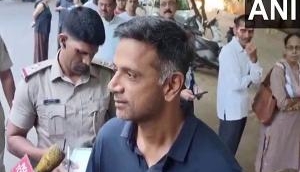

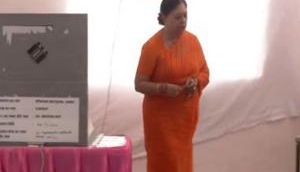
![BJP's Kapil Mishra recreates Shankar Mahadevan’s ‘Breathless’ song to highlight Delhi pollution [WATCH] BJP's Kapil Mishra recreates Shankar Mahadevan’s ‘Breathless’ song to highlight Delhi pollution [WATCH]](http://images.catchnews.com/upload/2022/11/03/kapil-mishra_240884_300x172.png)

![Anupam Kher shares pictures of his toned body on 67th birthday [MUST SEE] Anupam Kher shares pictures of his toned body on 67th birthday [MUST SEE]](http://images.catchnews.com/upload/2022/03/07/Anupam_kher_231145_300x172.jpg)




